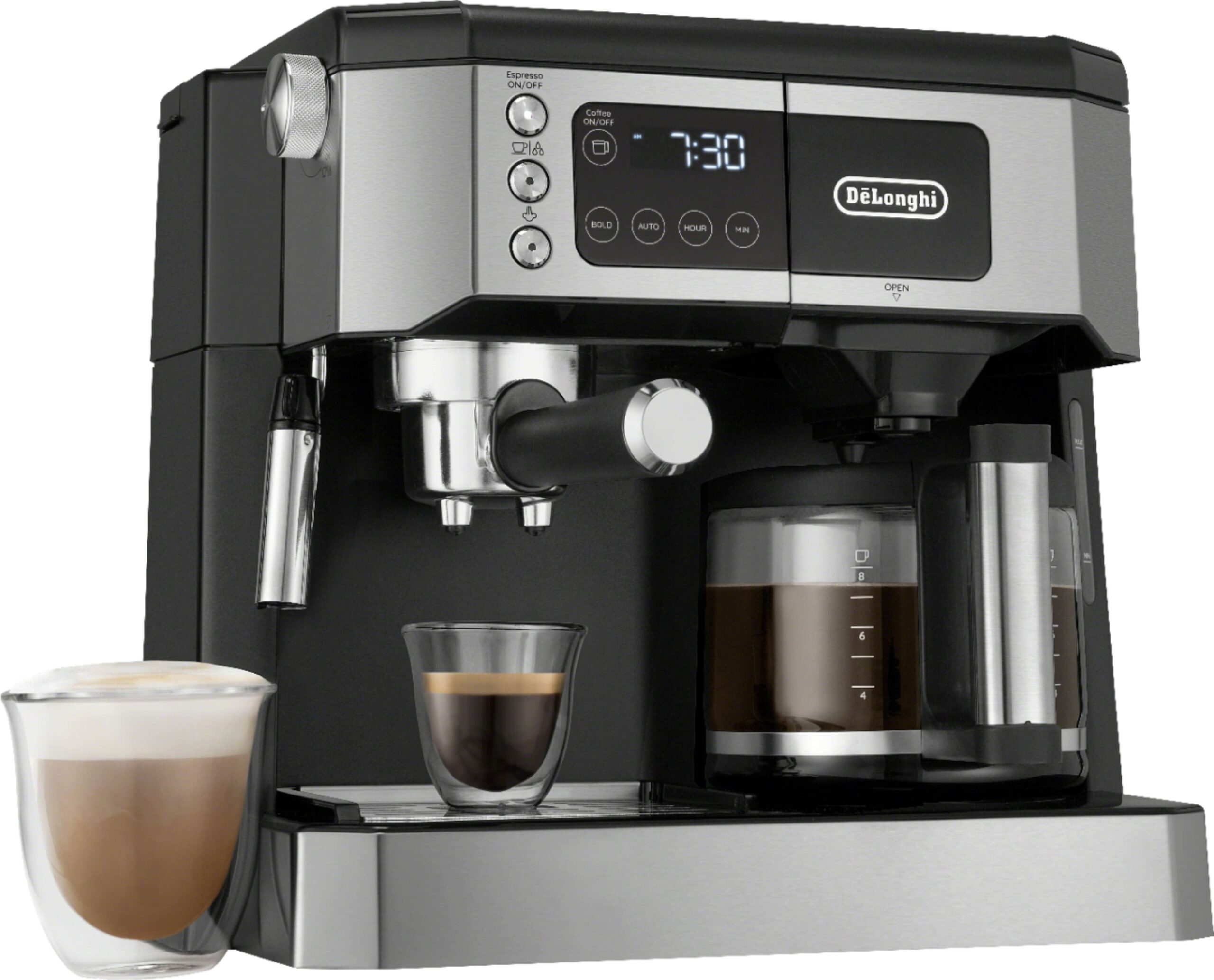Coffee has transcended its basic role as a beverage to become an integral part of daily life for many. Among its myriad forms, espresso stands out for its intense flavor and concentrated caffeine content, providing not just a drinking experience but an emotional and sensory journey. The “coffee machine espresso 1 black” serves as a quintessential embodiment of this experience, capable of transforming the mundane ritual of coffee preparation into a profound moment of personal reflection and rejuvenation.
Espresso, often dubbed the ‘heart’ of the coffee world, boasts a rich history entwined with distinct cultural practices and social interactions. The evolution of espresso machines has paralleled advancements in societal expectations surrounding coffee consumption, extending well beyond mere energy provision. As urban lifestyles become increasingly frenetic, the act of brewing a shot of espresso—especially with a dedicated machine—has emerged as not just a necessity but a deliberate act of self-care and mindfulness.
The significance of the experience does not merely dwell upon the robust coffee shot itself; rather, the method of extraction, the quality of the beans, and even the machine’s design contribute heavily to the mood-boosting capabilities of the ritual. Each element plays a role in cultivating a sense of contentment, nostalgia, and even invigoration.
One of the remarkable features of espresso is its ability to elicit mood enhancement through sensory stimulation. The aroma released during the brewing process is filled with volatile compounds, which can trigger positive emotional responses. The olfactory system, interlinked with the limbic system, is particularly susceptible to such stimuli, leading to feelings of pleasure or nostalgia associated with previous coffee experiences. The sound of the machine, the tactile sensation of grinding beans, and the sight of rich, golden crema can create an immersive environment that transcends the act of coffee consumption.
In modern society, coffee has also become an emblem of social interaction. The espresso experience fosters communal connections, transforming casual acquaintances into lifelong friendships. The act of sharing a cup becomes a ritualized exchange, laden with unspoken narratives and emotional undertones. Furthering this social connection is the concept of the “third place,” a term coined by sociologist Ray Oldenburg to describe spaces outside of home and work where people gather. Coffee shops often serve this role, but having a personal espresso machine can simulate this experience at home, allowing individuals to entertain guests and share in the joy of coffee culture.
Additionally, the aesthetics of the coffee machine itself can contribute to an uplifting ambiance. A sleek, modern design can inspire appreciation for craftsmanship and technology, while its presence in a kitchen or workspace can create a focal point that encourages moments of pause in an otherwise active environment. This visual element nurtures an appreciation for the simple joys in life—those that can be experienced within the confines of home.
While the physical act of consuming an espresso stimulates the senses, the psychological aspects also warrant consideration. Caffeine, the primary active compound in coffee, is known for its stimulating effects, which enhance alertness and elevate mood. Studies have shown that caffeine can increase dopamine levels in the brain, neurotransmitters associated with pleasure and reward, thereby contributing to an overall sense of well-being. For many, the first sip of a meticulously brewed espresso is reminiscent of the dawn of a new day; the gearing up for productivity often mirrors societal constructs surrounding success and achievement—cultivating a positive psychological response to coffee consumption.
It is also essential to acknowledge that the ritualistic preparation of espresso can serve as a moment of mindfulness in a hectic world. The process—measuring coffee, tamping it into the portafilter, and watching the extraction—requires focus and presence. Engaging in this activity allows individuals to disconnect from the overstimulation of technology and the demands of daily life. In moments where one might feel overwhelmed, dedicating time to craft an espresso can foster a state of calm reflection, obscuring external noise and centering thoughts around the experience at hand. This infusion of mindfulness ultimately enhances the mood-boosting potential of coffee consumption.
Choosing high-quality beans is another aspect that deserves attention. Specialty beans, particularly those sourced from sustainable, ethical farms, not only contribute to superior taste but can also enhance the drinker’s emotional experience. Discovering complex flavor profiles, such as fruity notes or hints of chocolate, can be an exhilarating sensory adventure, fostering curiosity and joy. The ritual of exploring new coffee varieties can spark creativity and passion, transcending mere consumption into a form of personal expression and identity.
Moreover, the personalization of coffee preferences further illustrates its integral role in self-identity. The choice to brew a straightforward espresso or experiment with various milk textures or flavors allows individuals to assert agency over their experience. This practice of customization not only boosts enjoyment but also fosters a deeper connection with the beverage, linking it to individual narratives and preferences. Each cup serves as a reflection of taste, lifestyle, and personality, reinforcing a sense of self in a rapidly changing world.
As the conversation surrounding mental health continues to grow in prominence, incorporating small pleasures into daily routines can significantly influence emotional well-being. Coffee, particularly espresso brewed with artistry and intention, can serve as an accessible form of self-care. The act of indulging in a high-quality coffee experience can heighten mood, counter stress, and foster a greater sense of gratitude for simple moments of joy.
In conclusion, the “coffee machine espresso 1 black” is much more than a mere appliance; it embodies the intricate tapestry of sensory experiences, social interactions, aesthetic appreciation, and psychological benefits. By engaging with the brewing process and savoring the resulting espresso, individuals can cultivate not just a moment of indulgence but a holistic mood-boosting experience. Espresso connects individuals with their environment and each other, offering solace and stimulation in equal measure. As the modern world continues to rush, it remains imperative to pause, reflect, and savor life’s profound yet often overlooked pleasures, allowing coffee’s rich tapestry to enrich our daily existence.








Leave feedback about this